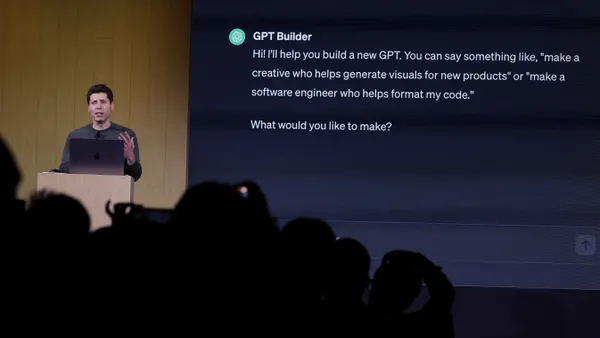Employees continue to voice strong demand for training opportunities, yet a majority of workers responding to a recent survey said they tend to multitask while learning.
That would seem to indicate an “engagement paradox” when it comes to training, according to a Dec. 6 report from TalentLMS and Vyond. Most survey respondents said the training their company offers keeps them engaged from start to finish. But that doesn’t stop them from checking notifications and replying to emails during online sessions.
Multitasking may not be a problem that L&D pros need to solve, however. It’s critical that HR consider attention dynamics when creating training programs and content — ensuring that busy employees can effectively absorb and apply the material — but multitasking has been instilled in every aspect of modern work, the report said.
“We're always talking about how to make things more engaging, with the expectation that people should be glued to their seats,” said Sarah Cannistra, Fractional chief learning officer and L&D career coach, said in the report. “In reality, human things are happening while people learn and that's okay.”
The report also examined the types of training employees seek. “There is a growing need among employees for training on topics and skills that transcend their job roles,” Thanos Papangelis, co-founder of TalentLMS, said in a statement.
“Personal and professional growth are not separate roads to success,” he said. “Companies should invest in nurturing well-rounded professionals, acknowledging continuous learning beyond job specifics is essential in the ever-changing business landscape.”
In the survey of 1,000 U.S. employees across a wide range of industries, the top three non-mandatory topics that employees wanted to receive training in were leadership and management, mental health and use of AI tools.
About 72% of respondents said they progressed in their careers due to training they received from their companies in 2023. In addition, 71% said they felt more prepared for the future of work due to the training they received.
Even still, 66% said they think they need to develop new skills to be successful at their job. The top challenges include the time required to complete training and content that isn’t delivered in an engaging way. About 68% said they take training on a personal basis to improve their workplace skills, and 58% use social media to build new skills.
“People-first companies know that skills development is essential to both the business and the employee,” Van Diamandakis, chief commercial officer at Vyond, said in a statement.
“Getting it right for today’s workforce requires addressing the challenges of workplace learning, including cost effective, relevant and engaging learning delivered at the moment of need and at scale,” he said.
However, more than half of workers indicated they don’t have access to learning or training opportunities through their companies, particularly in certain industries such as retail, according to a report by eLearning Industry. Creating a strong company culture includes supporting employees’ development, growth and rise to success, the report said.
And for training and development to be effective, employers need to provide opportunities at all levels, not just high-level or C-suite leaders, according to a CYPHER Learning survey. Providing high-quality, “executive-style” training to everyone can boost employee engagement, enjoyment and satisfaction.
In addition, managers may need better training to support employee growth, according to an Info-Tech Research Group report. New managers, in particular, may need guidance on how to lead, as well as how to build better habits and apply new skills.












